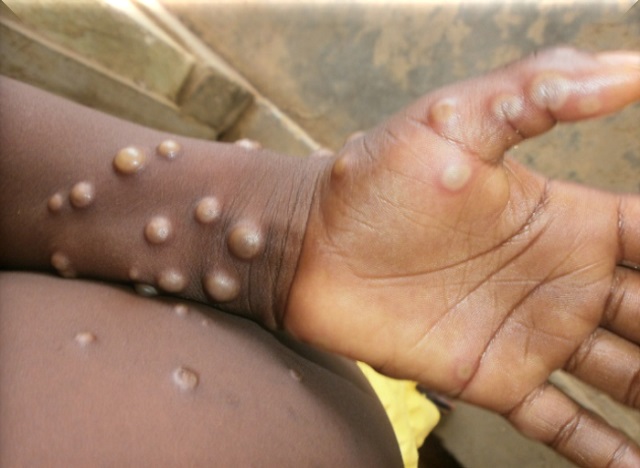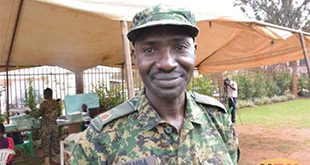
Kampala, Uganda | THE INDEPENDENT | East African Community (EAC) partner states have been urged to provide the necessary information for their citizens to protect themselves against monkeypox and prevent the virus from spreading.
This follows reports by the World Health Organization (WHO) of 780 laboratory-confirmed cases of monkeypox from 27 countries across four WHO regions that are not endemic to the monkeypox virus.
The health agency says that the sudden appearance of monkeypox in multiple countries across the world indicates that the virus has been spreading undetected for some time outside the West and Central African nations where it is usually found.
Because of the proximity of the EAC partner states to some of the affected countries, it is important that we take precautionary measures to minimize its spread. It is important that people are given necessary information on the nature of the disease and how they can protect themselves and prevent the disease from spreading,” EAC Deputy Secretary-General Christophe Bazivamo said.
“This will also help in avoiding unnecessary panic and stigmatization particularly now that people easily associate any disease outbreak with the ongoing COVID-19 pandemic,” added Bazivamo.
He further emphasized the importance of factual risk communication to communities, that provides necessary information without causing unnecessary concern, and the need for stepping up surveillance. Monkeypox outbreaks are not new. The virus was first discovered in monkeys in 1958, with the first human case in the African region detected in 1970. Since then, there have been multiple outbreaks of viral diseases that can spread from animals to humans but can also spread between people.
Transmission is possible through close contact with an infected person or items including clothes and bedsheets as well as droplets. Symptoms typically include skin rash or lesions, fever, intense headache, muscle aches, back pain, general body weakness and swollen lymph nodes and last from two to four weeks.
In many patients, the symptoms are moderate and clear up on their own but severe cases can lead to death. WHO states the case fatality ratio, or the per cent of people dying compared to those diagnosed, to be around 3-6 per cent. In comparison to COVID-19, which is a highly contagious disease, the transmission of monkeypox is more difficult. WHO assesses the current risk posed by monkeypox to human health and for the general public as low.
To reduce the risk of contracting the virus, people should avoid coming into contact with people recently diagnosed with the virus or those who may have been infected, wear a face mask when in close contact with someone who has symptoms, and use personal protective equipment when caring for patients with confirmed or suspected monkeypox infection.
*****
URN
 The Independent Uganda: You get the Truth we Pay the Price
The Independent Uganda: You get the Truth we Pay the Price


